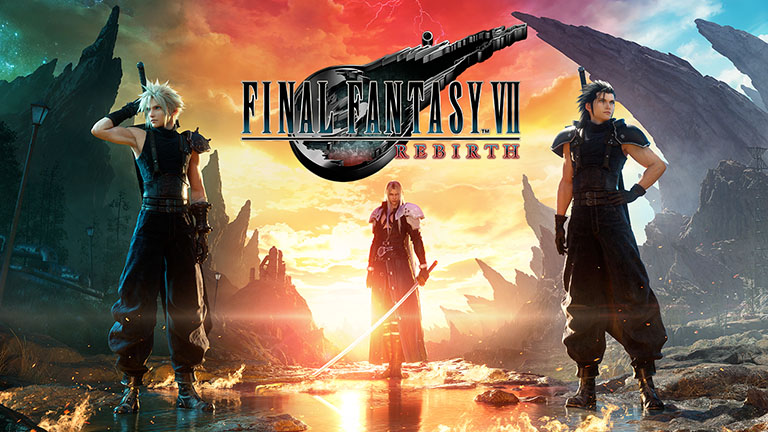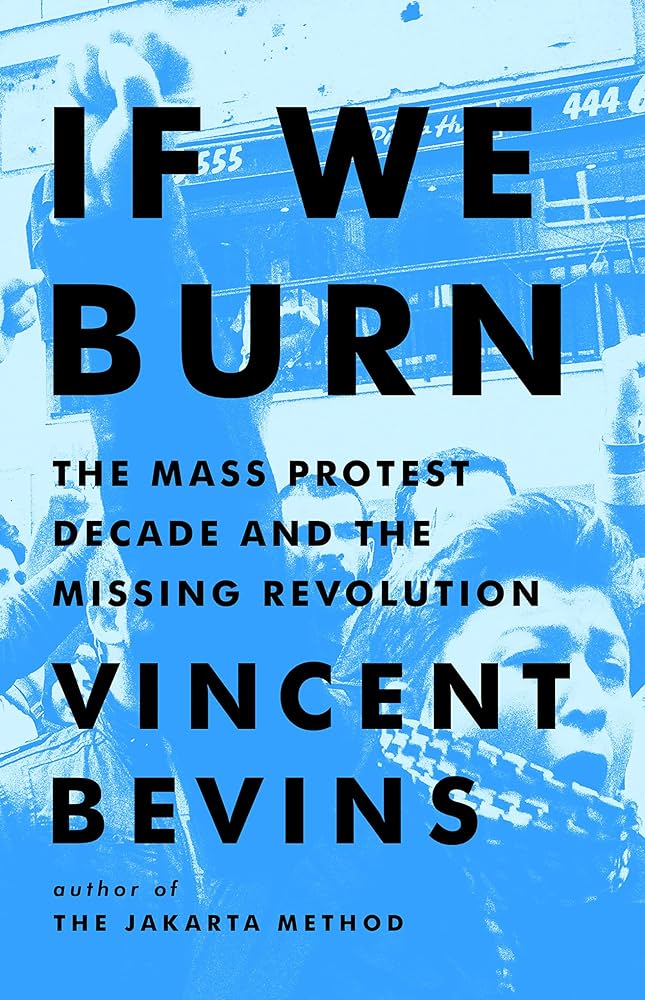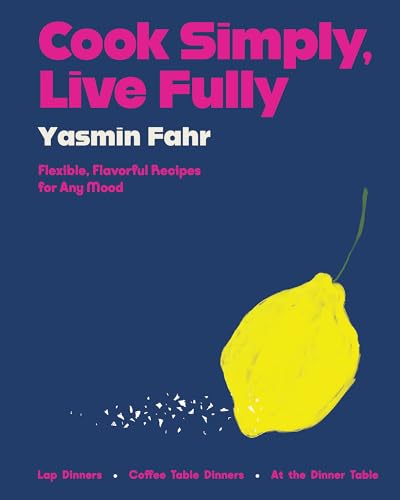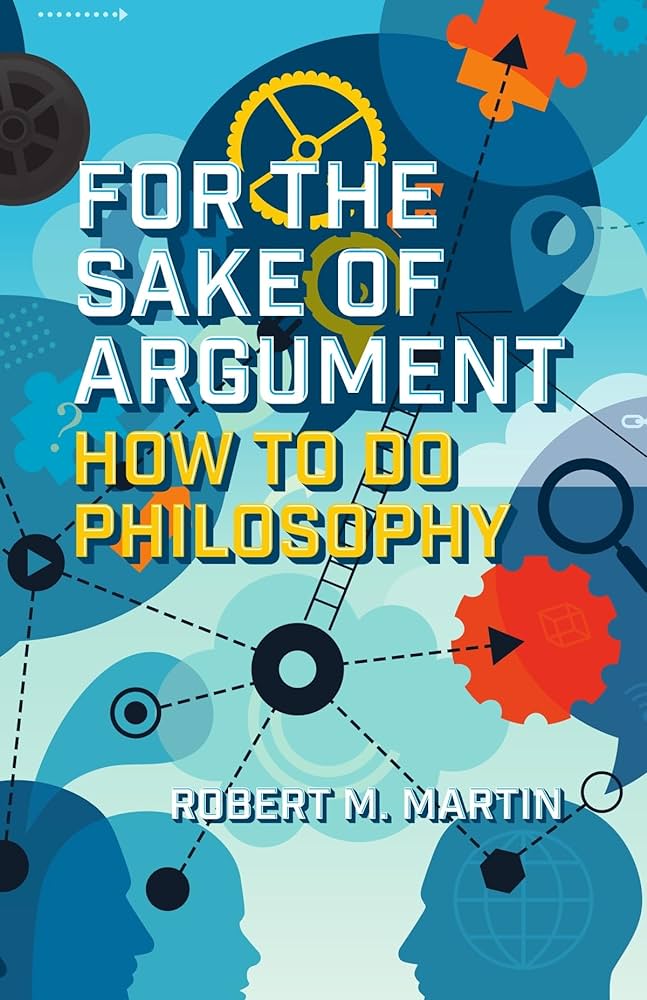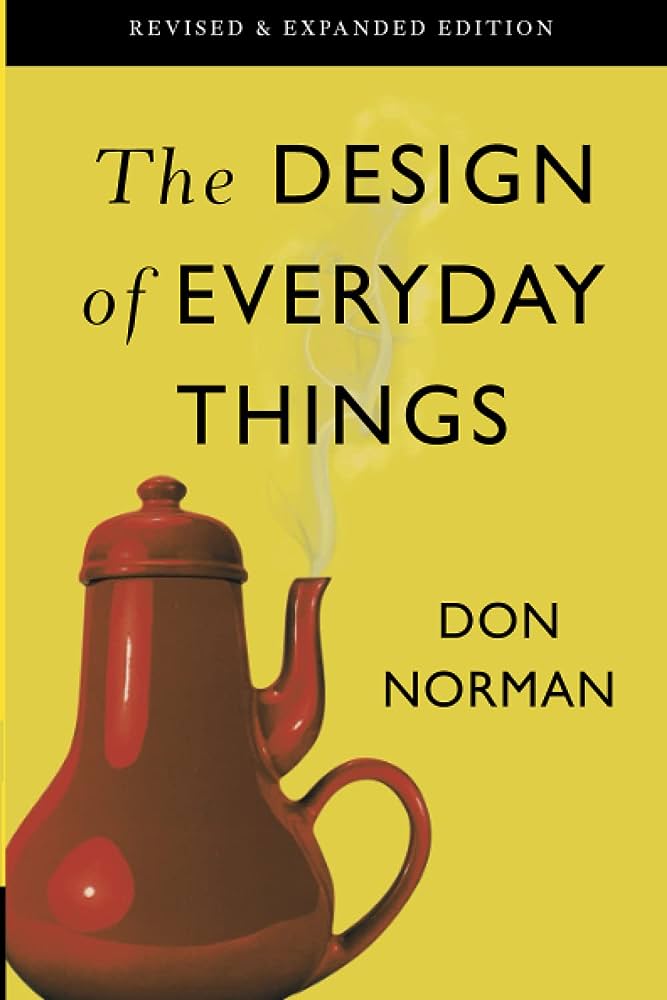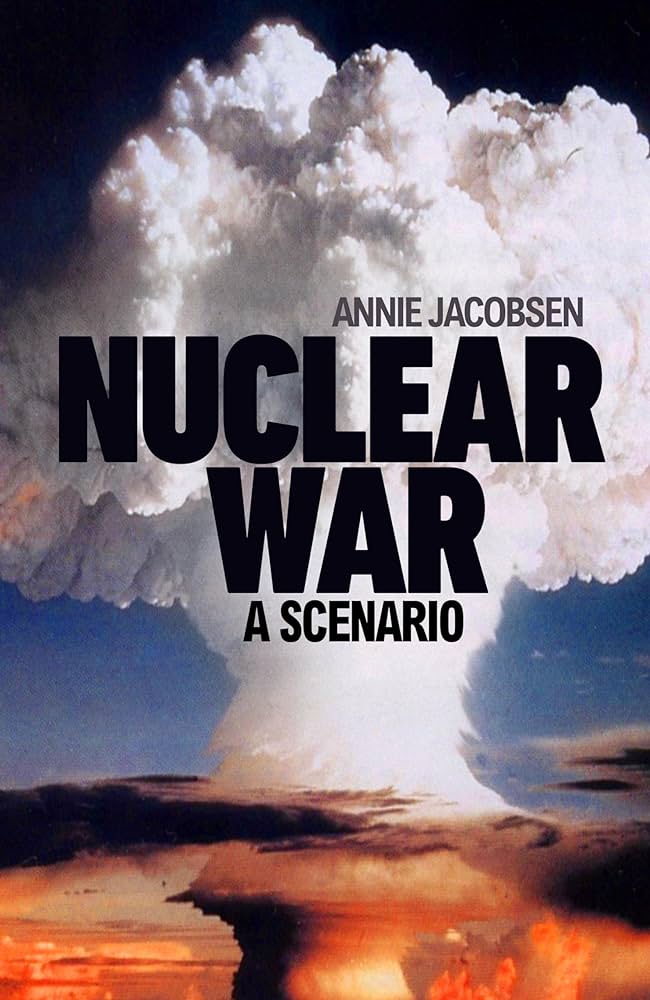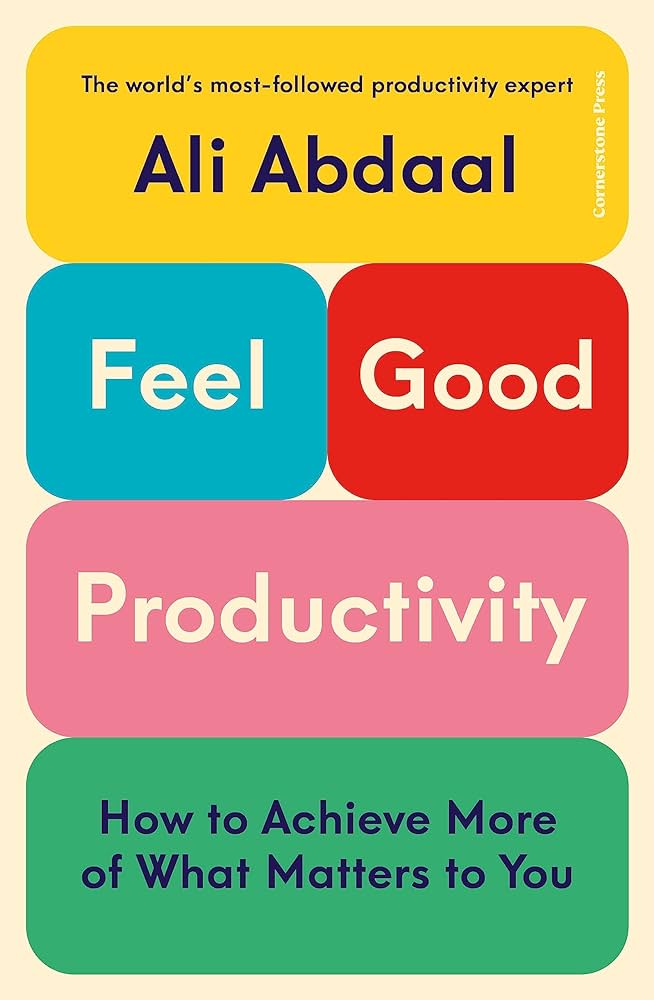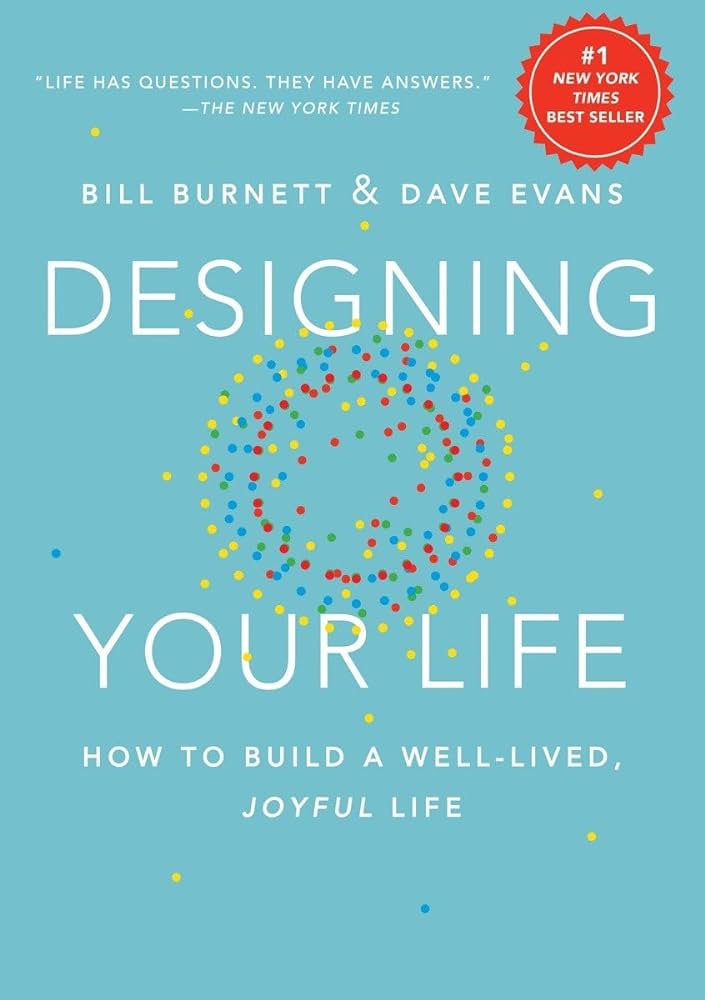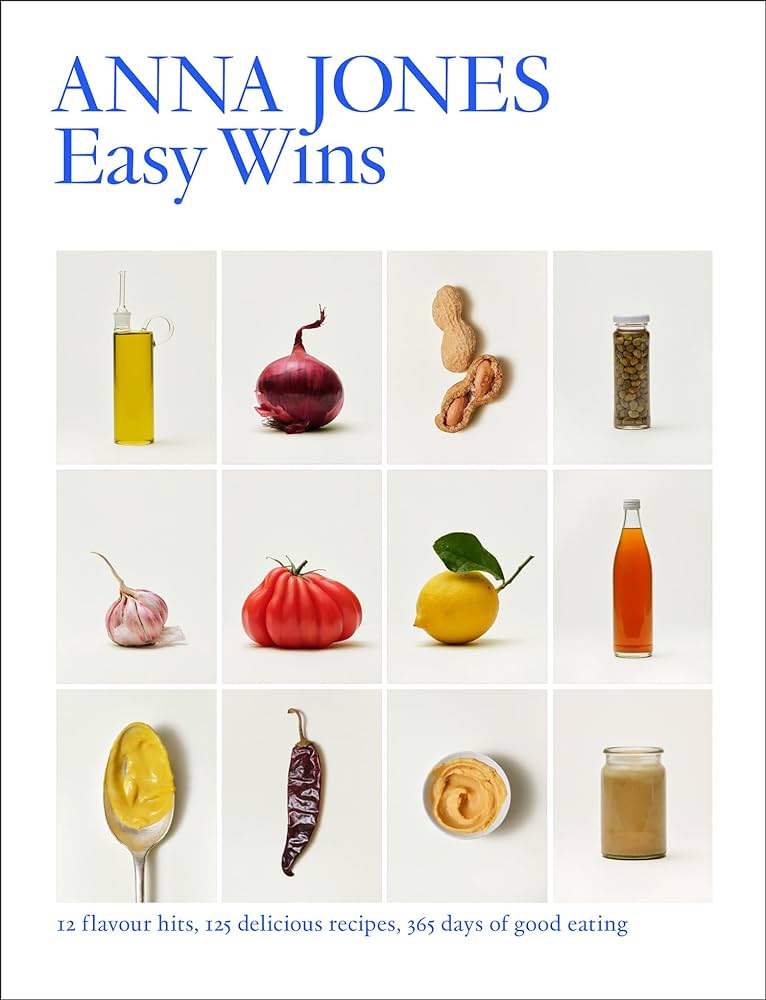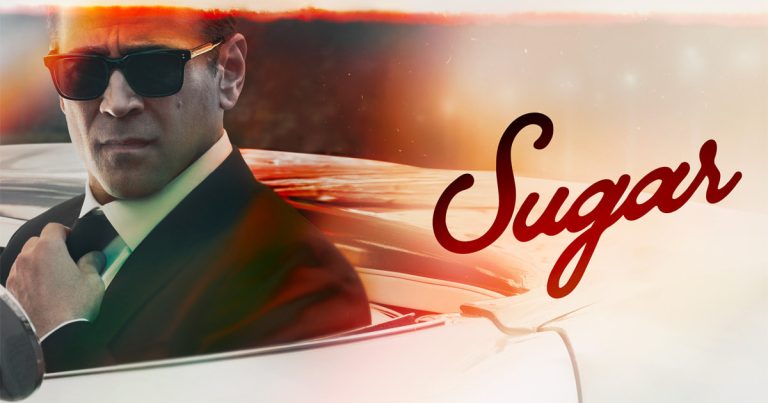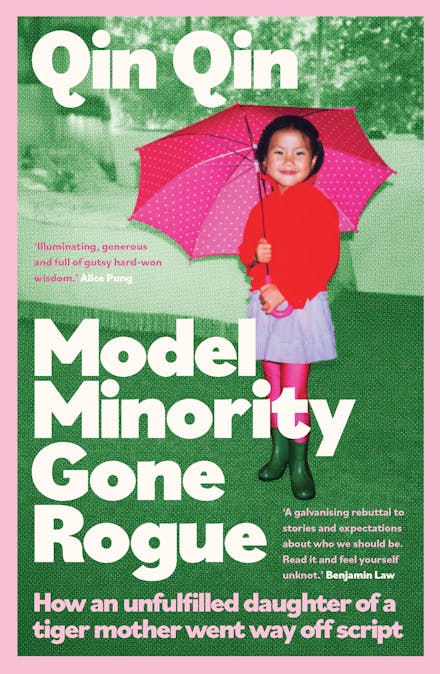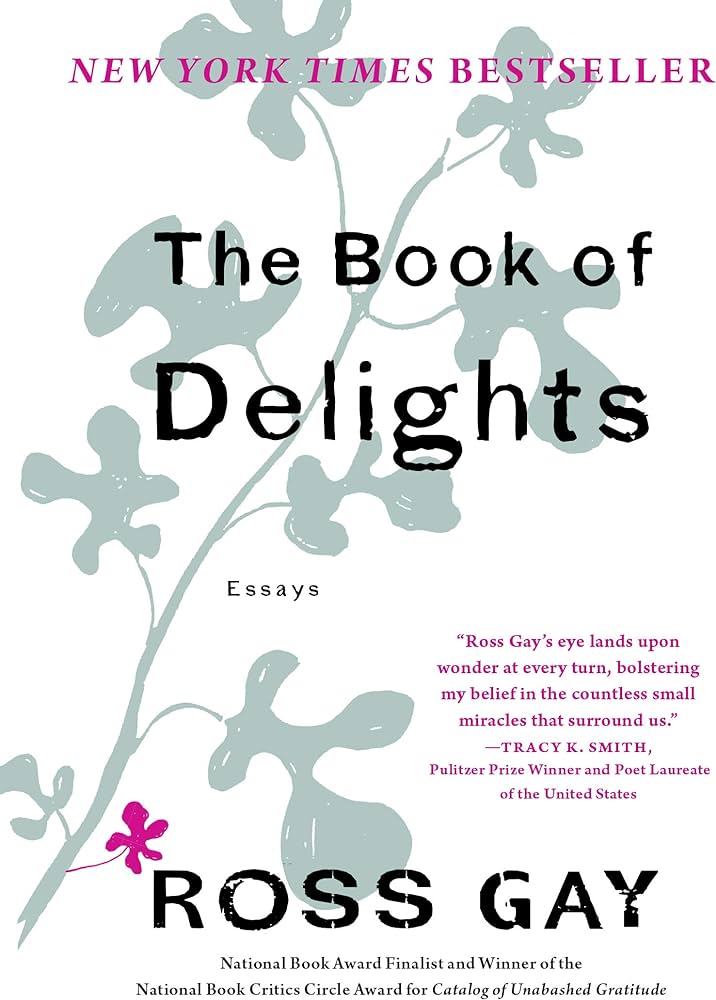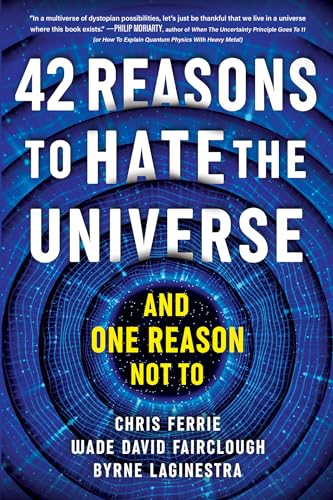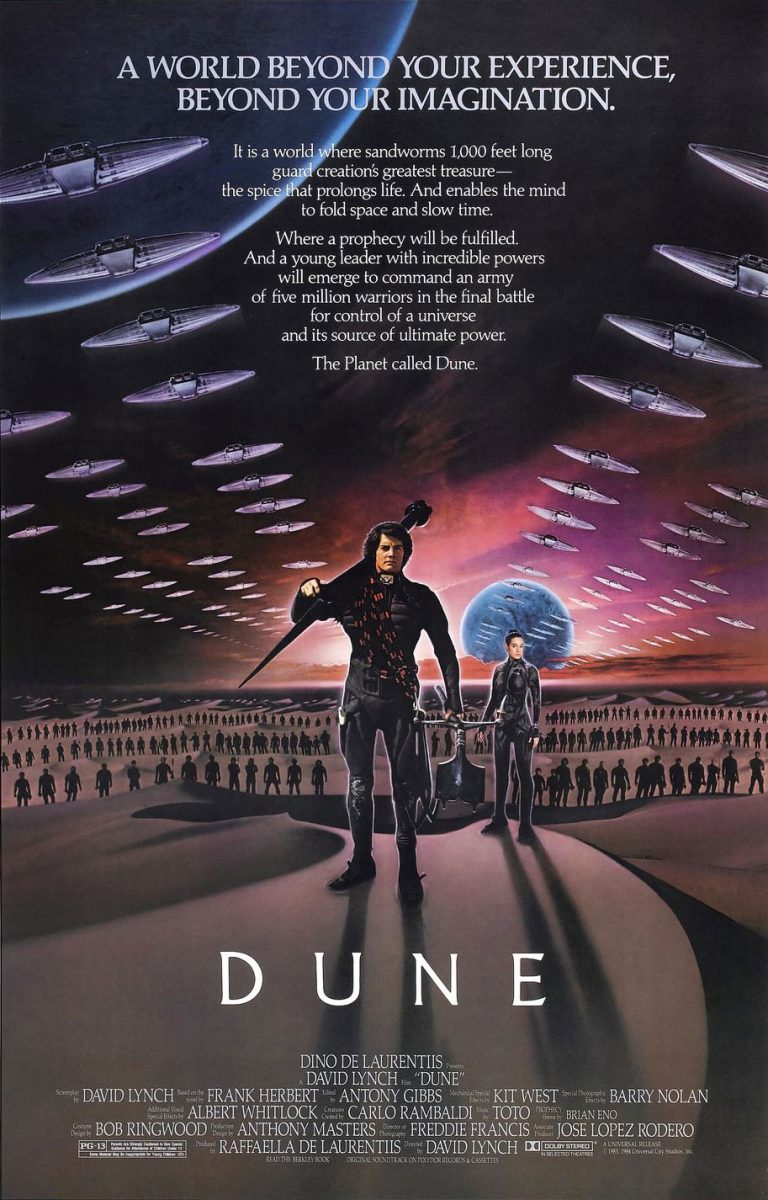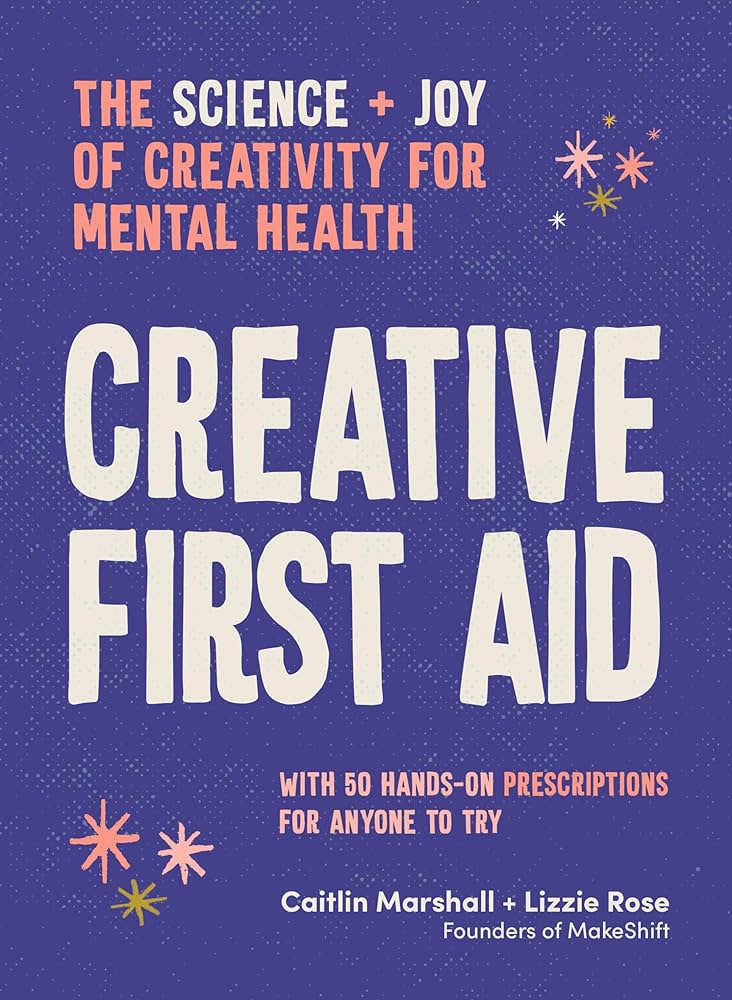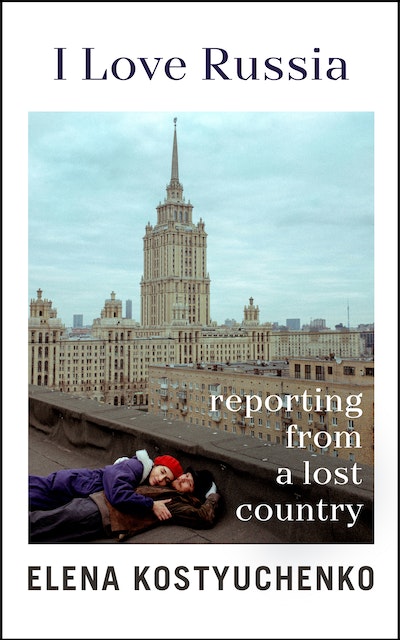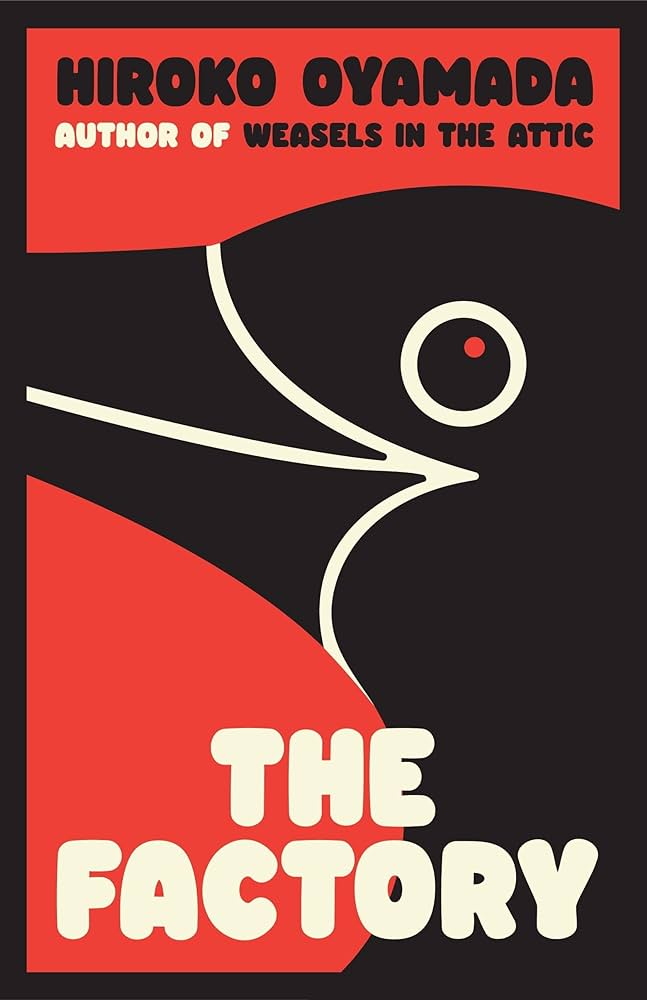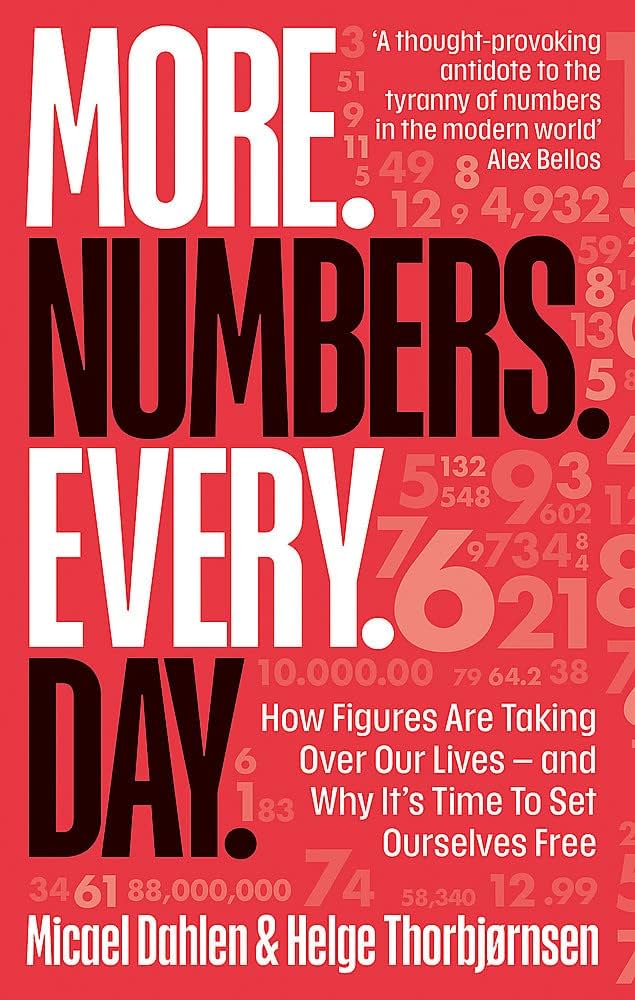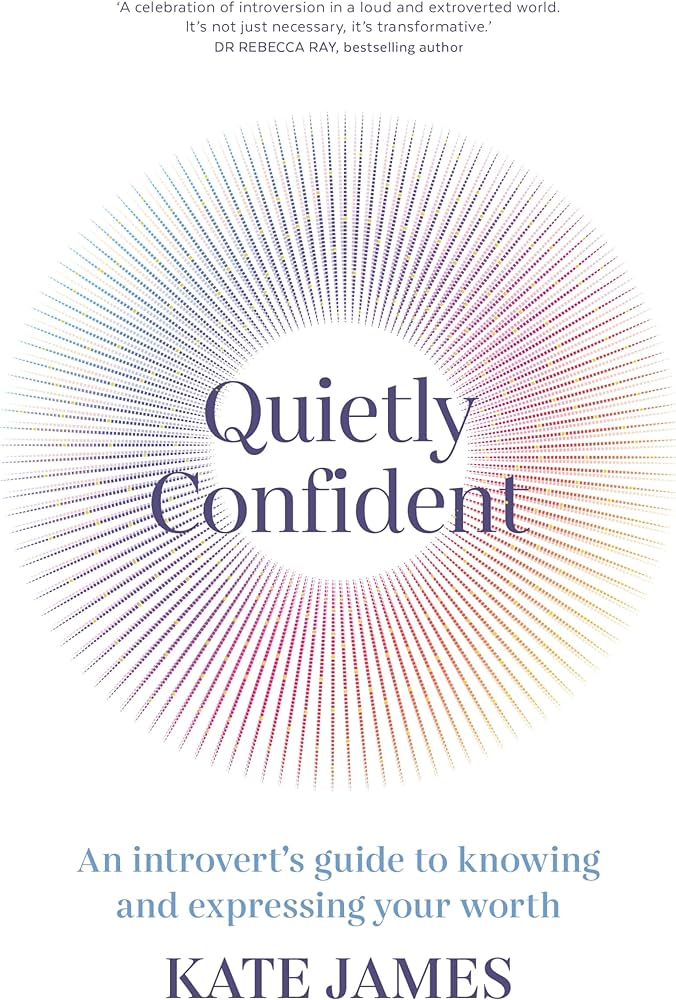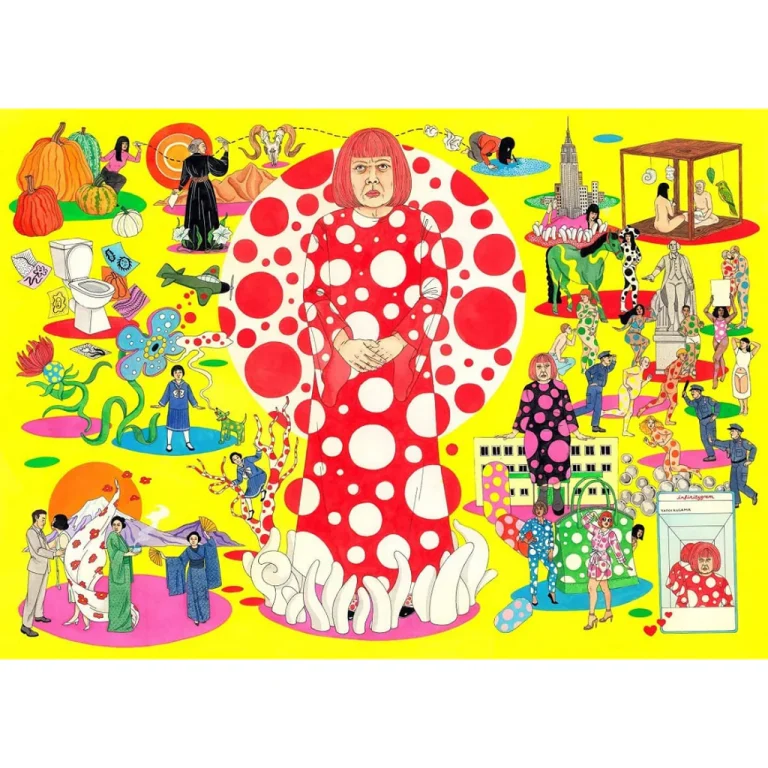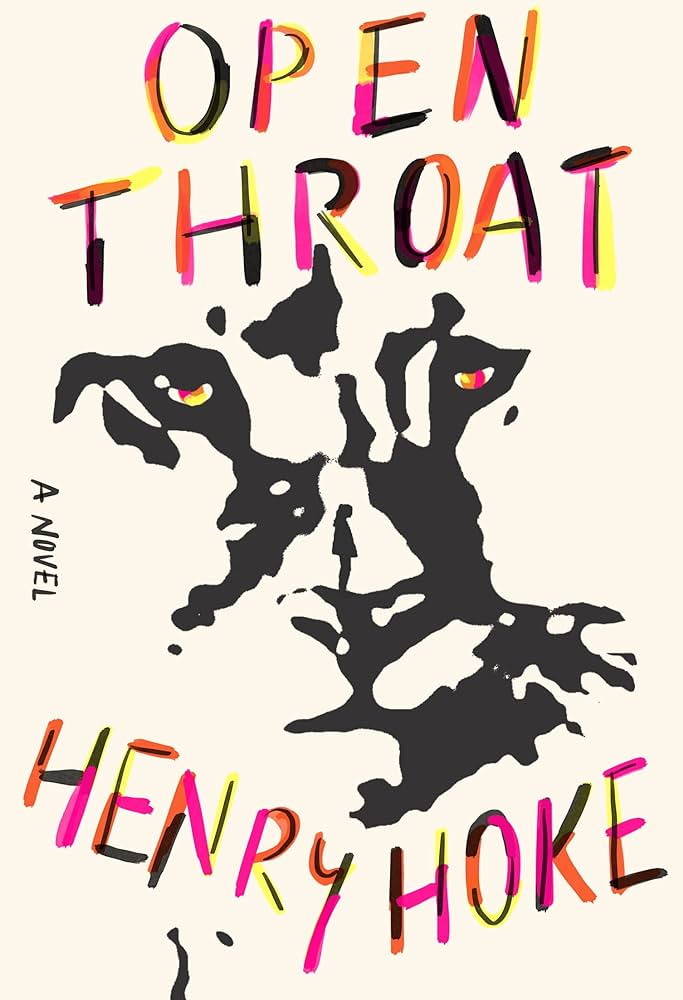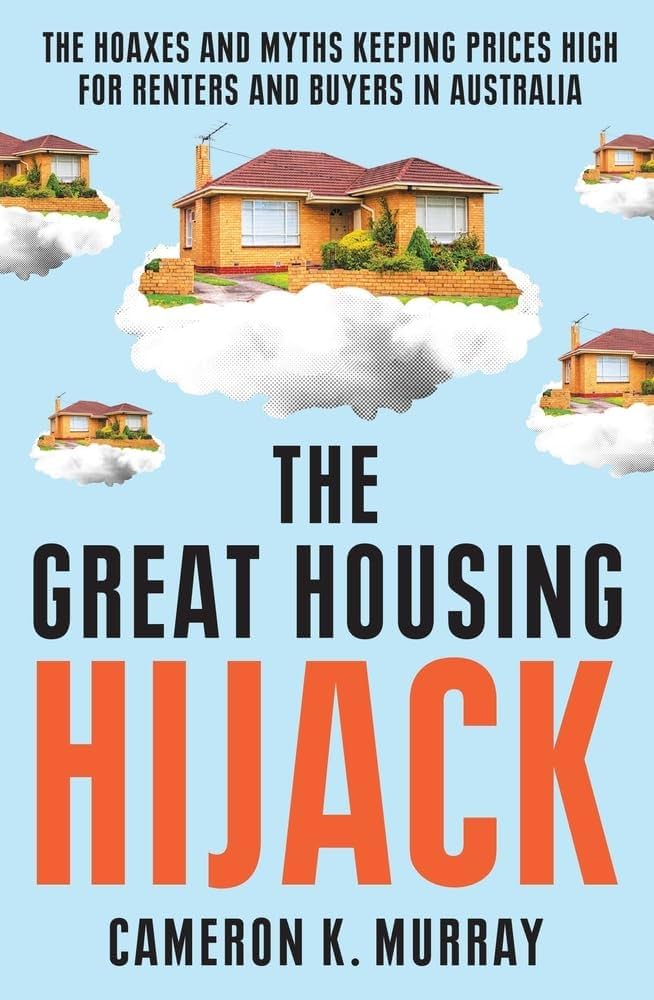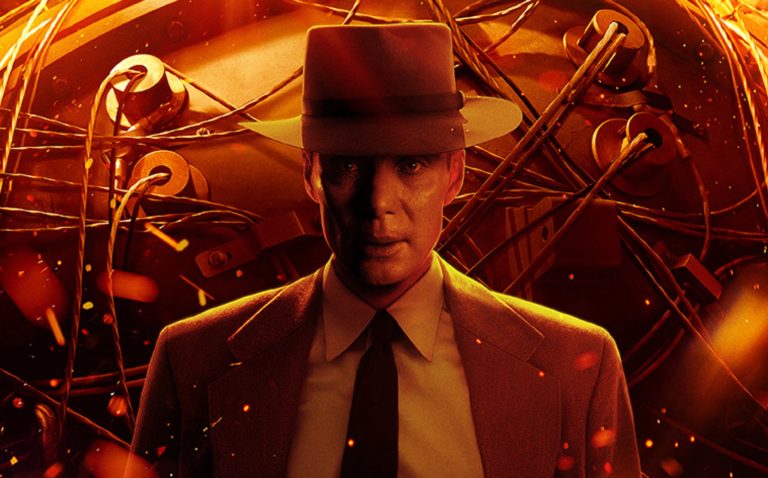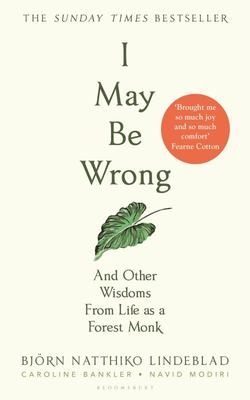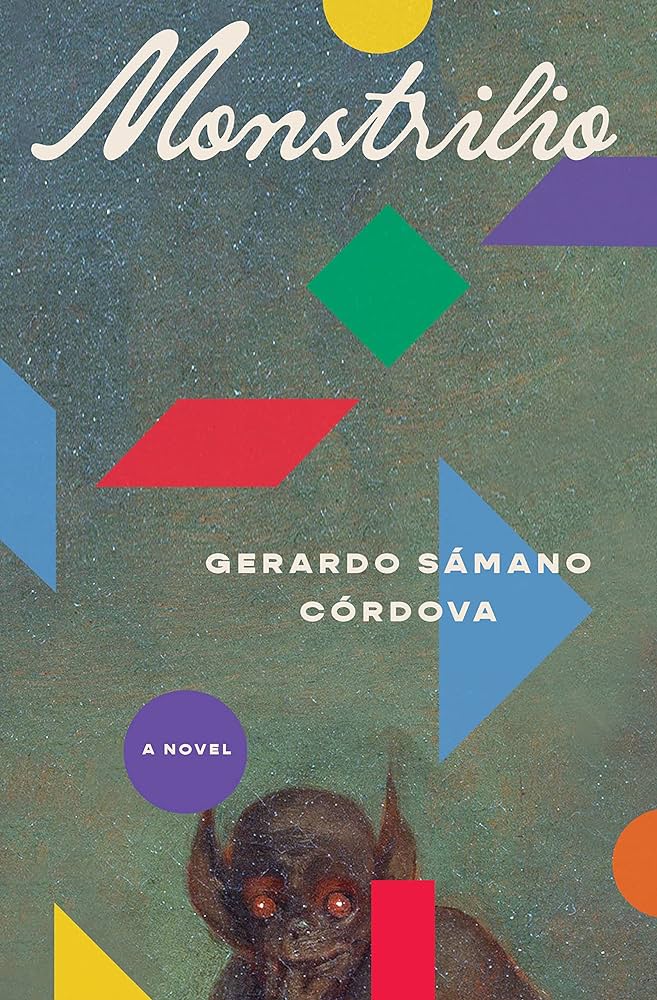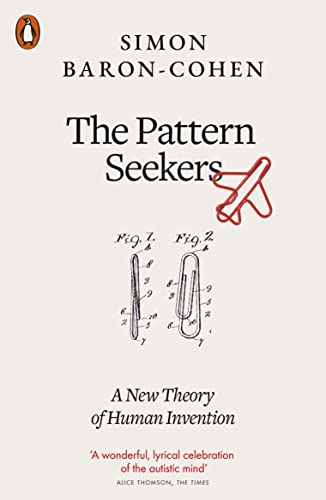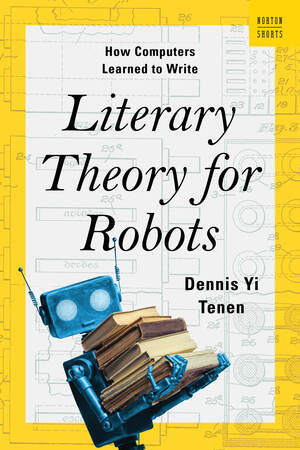As a big fan of the recent films I wasn’t sure what to expected by going back to the original source. In short, my eyes have turned deepest, darkest blue and I yearn to ride a Maker. I loved the book.
Final Fantasy VII Rebirth
A wonderful reconceptualization—or indeed, rebirth—of a beloved story. While I was a little cool on the first part of the remake, I found this a work of love and a lot of fun to play. The story, well, the story is a little incomprehensible, but boy, I am enjoying the ride.
If We Burn, Vincent Bevins
A fascinating history of recent mass protests, however I wished the analysis about implications had been more substantial.
Cook Simply, Live Fully, Yasmin Fahr
Some memorable and interesting recipes, but REALLY A LOT OF CHICKEN RECIPES.
For the Sake of Argument, Robert M. Martin
Some interesting ideas but on the whole disjointed and meandering.
The Design of Everyday Things, Don Norman
Another review helped me understand this book; while it might seem repetitive when read in 2024, for its time it was revolutionary. It’s a pity we are still fighting a war on bad design and, worse, blaming humans and not bad design.
Nuclear War, Annie Jacobsen
Heck, this was a grim, grim, grim compelling read. A necessary reminder about the irredeemable evil of nuclear weapons and how quickly life as we know it could be over because of these evil weapons.
Feel-Good Productivity, Ali Abdaal
I’ve long been suspicious of Abdaal’s role in promoting hustle culture, and so I went into this book with great scepticism. Happily he preaches a somewhat different message in the book from the stuff in his youtube content. Unhappily, it’s shallow and largely unoriginal messages. I cannot help but feel the same book from an author without his fan base would not have been published.
Designing Your Life, Bill Burnett and Dave Evans
This was definitely better than their work-focussed book and so I wish I had just read this. I think the value of design thinking is powerful and I hope some form of it is being taught to kids today. For those of us coming to the concept later in life, books like these are helpful.
Easy Wins, Anna Jones
Another great cookbook from Anna Jones – I’ve made two recipes from this and they’ve both worked really well. It’s a perfect book for those wanting to eat more plants.
Getting a box of Yuzu
Get a box of Yuzu. I got mine from these wonderful people. Spend a lot of time scratching and smelling the intoxicating scent. Make some yuzu salt. Candy the rind. Make some yuzu curd. The house will smell amazing.
Sugar, season one
A brilliant show; one that you should go into blind. Stylish, clever, human. More like this.
Model Minority Gone Rogue, Qin Qin
Qin writes with raw power in this affecting story of self-discovery. I only wish it didn’t feel quite as disjointed in the underlying narrative. I hope to be able to read more from Qin!
The Book of Delights, Ross Gay
Gay writes with beauty and such humanity. The thesis of this book, even ignoring its excellent execution, is such a valuable and important idea: we all of us should practice the art of being receptive to joy and delight.
42 Reasons to Hate the Universe, Wade David Fairclough et al
A book with a sense of humour that somehow makes Family Guy seem witty and profound. I’ve never experienced a book as painfully unfunny as this—it was truly mystifying and appalling. Almost as disappointing was the substantive content which was repetitive, shallow and largely uninteresting. The authors set up the universe as something with anthropomorphic intent, which might be a fine premise if they ever took the time to actually explain, no the universe doesn’t actually want to kill you. I hated this and read in a state of disbelief tinged with horror.
Dune, David Lynch
A real fever-dream of a movie. Utterly bizarre at times; and at other times, oddly beautiful and compelling. Still, I love films that take huge swings and even if they don’t always pay off, it’s so much more creatively interesting and rich than so much of film today.
Creative First Aid, Lizzie Rose and Caitlin Marshall
A well-intentioned and lovingly designed book, albeit one that felt puddle deep. I support the author’s message and cause very much but found this book middling.
I Love Russia, Elena Kostyuchenko
A stunning, haunting portrait of a country that seems lost and set on self-destruction. The harshness, oppression, and corruption experienced by its people is heartbreaking. Kostyuchenko’s writing is incredible, necessary and deeply affecting.
The Factory, Oyamada Hiroko
A surreal nightmare of a book which is fitting giving modern work is its subject. The calm, measured prose does a wonderful job of creating a bizarre, confusing feel, aided by (at first disturbing then I eventually figured out what was happening) abrupt and unmarked transitions between different character PoVs.
More. Numbers. Every. Day, Helge Thorbjørnsen and Micael Dahlén
A fantastic book; one that tackles a topic that has been on my mind for the past few years—I even wrote an essay on the topic. Numbers have invaded our life and our thinking to such a degree that they distort debate, discussion and decisions. Being conscious of the power of numbers is the first step to a healthier relationship with digits small and large. Special acknowledgements to the fun little personal anecdote from the authors – set apart from the text itself – as well as the end of chapter summaries.
Quietly Confident, Kate James
If you’ve never read a book in this genre, or had no therapy, this book might be a good start. For me though, this book was just reheated insights I’ve read quite a lot of already. There’s not much new or compelling about this one. If this genre interests you, start with Dr Guha’s book instead.
The World of Yayoi Kusama, 1000 piece puzzle
So much fun! This is the first puzzle I’ve done that included an almost one to one sized poster which made assembling the puzzle really delightful. And as a bonus, the back of the poster explained the story of Kusama-san’s life. The centre provided quite the challenge, involving a bit of bifurcation, whereas the outer edges were more straightforward. Thanks, Claire, for the loan!
In Praise of Shadows, Tanizaki Jun’ichirō
An important essay – both so far as form goes (the afterward in my edition comments on the rather Japanese structure, itself a demonstration of the themes Tanizaki-san writes about) and content. I’ll never quite look at the interplay of light and darkness and shadow in the same ways every again.
Open Throat, Henry Hoke
The ability to set a novel from the viewpoint of a non-human has always fascinated me; it can be quite hard to do well, but I think Hoke manages to pull off a convincing sense of otherness. We can both relate to and be curious about our mountain cat narrator.n And I think the book largely avoids falling into an overly anthropomorphic view point. A brilliant and contained story.
The Great Housing Hijack, Cameron K Murray
Very dense economically, which is necessary, of course, to understand the current housing crisis and to begin to be able to think about ways out of the mess we are in. I felt myself getting a bit lost in the soup from time to time, and would have appreciated a high-level summary of the five equilibria.
I was excited to read Murray’s proposed solution as well as being offput to reflect on the power of what he calls “the housing cheer squad” – i.e. the vested interests that are protecting the status quo. As always, I cannot help but think the problem is too big and too politically messy for a solution as brave and necessary as Murray advocates.
Oppenheimer, Christopher Nolan
An unsettling, near-endless film; I think I wanted something more than what it was, which ultimately was a film that made me very upset at humanity’s tendency towards wretchedness. Still, it’s a Nolan, so you know there’ll be some good bits.
I May Be Wrong, Björn Natthiko Lindeblad et al
A book of such profound and genuine wisdom; the life of a monk (and the periods both before and after) are written with such grace, kindness and humour. Beautiful and moving.
Monstrilio, Gerardo Sámano Córdova
A dark (and darkly fun) novel about loss and the ways in which we cope. I was impressed with the clarity and strength of Sámano Córdova’s prose and character work and am very keen to read more of their work.
The Pattern Seekers, Simon Baron-Cohen
Dense – the central argument is a powerful one, but the presentation is not favourable to engaging with the ideas. I applaud his conclusion that people with autism deserve better support and opportunities to participate in the workforce—I just think it unlikely that this book would convince anyone who wasn’t already receptive to his message.
Literary Theory for Robots, Dennis Yi Tenen
A curious and delightful book; although the delight is not uniformly distributed. The initial chapter or so did not grab me, but I came to enjoy Yi Tenen’s nuanced take on AI.

